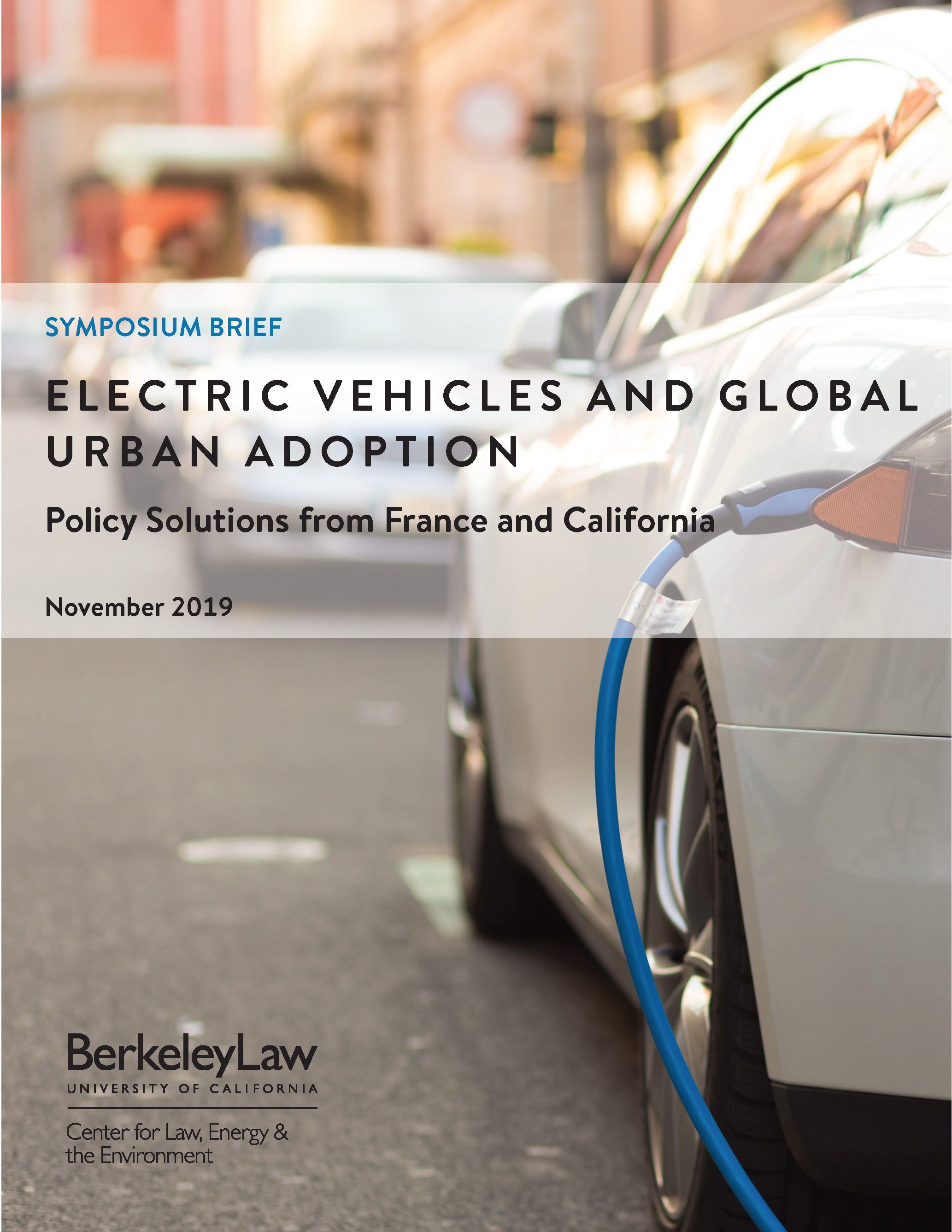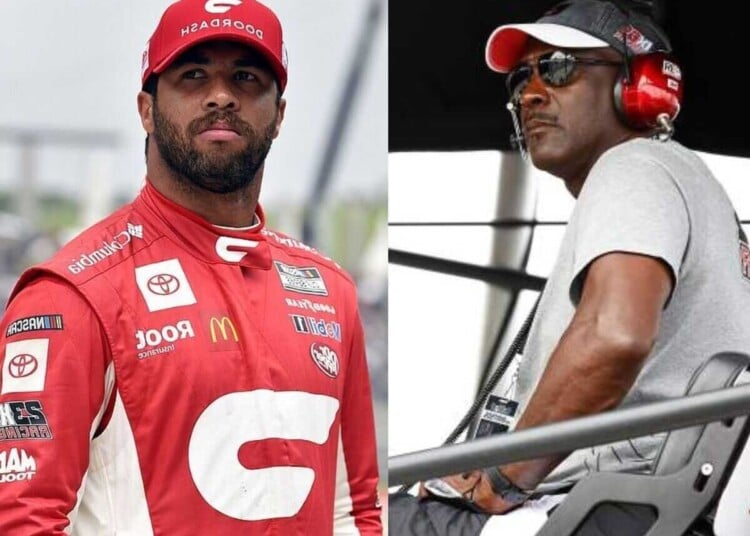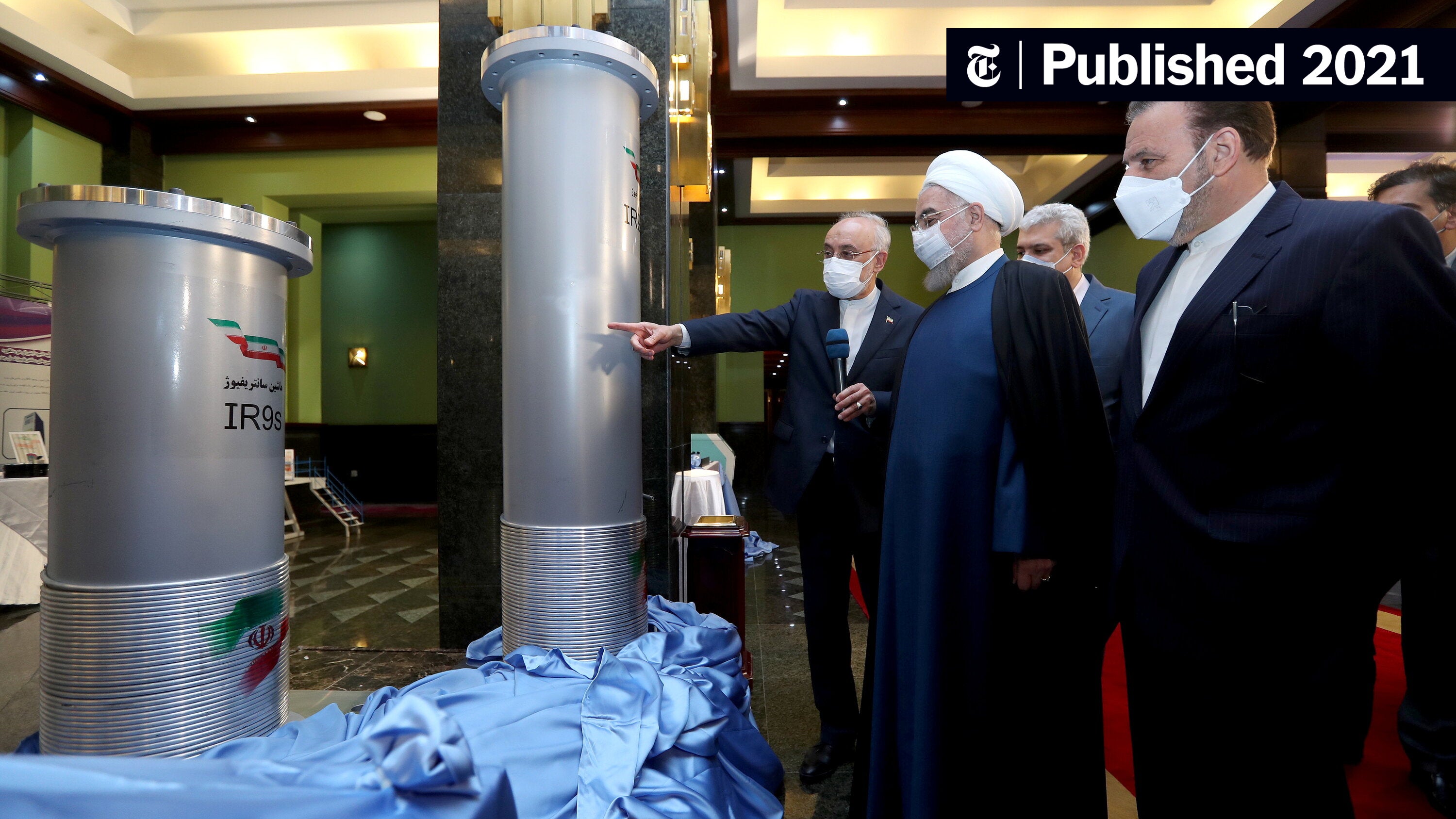Car Dealerships Increase Pressure Against Electric Vehicle Regulations

Table of Contents
Financial Stakes for Car Dealerships in the EV Transition
The transition to electric vehicles poses significant financial challenges for car dealerships. Their traditional revenue streams, heavily reliant on servicing gasoline-powered vehicles, are threatened by the inherent simplicity and lower maintenance needs of EVs. Fewer moving parts mean less frequent repairs and reduced service revenue. This directly impacts profitability, as dealerships often rely on service departments to offset lower profit margins on vehicle sales.
Furthermore, the shift to EV sales requires substantial upfront investment. Dealerships must invest in specialized tools and equipment for EV servicing, provide employee training on EV technology, and install charging infrastructure to accommodate customers. This capital expenditure can be substantial, especially for smaller dealerships. The competition is also intensifying with the emergence of direct-to-consumer EV brands, further eroding traditional dealership market share.
- Reduced service revenue from fewer repairs: EVs require significantly less maintenance than internal combustion engine (ICE) vehicles.
- Lower profit margins on EV sales compared to gasoline vehicles: The competitive nature of the EV market often leads to tighter profit margins.
- High upfront costs for EV infrastructure and training: Adapting to the EV market necessitates significant investments.
- Competition from direct-to-consumer EV brands: Established automakers are increasingly bypassing dealerships, cutting into their market share.
Lobbying Efforts and Political Influence
Facing these financial headwinds, car dealership associations are actively lobbying against stricter electric vehicle regulations. These efforts involve substantial financial contributions to political campaigns, the formation of powerful coalitions with other industry groups (like oil and gas), and sophisticated public relations strategies aimed at influencing public opinion. They engage directly with lawmakers and regulators, attempting to shape policy decisions in their favor. The effectiveness of these efforts varies depending on the political climate and the strength of counter-arguments from environmental groups and EV advocates.
- Financial contributions to political campaigns: Significant funding is channeled to politicians supportive of their interests.
- Formation of coalitions with other industry groups: Broader alliances amplify their influence and lobbying power.
- Use of public relations to sway public opinion: They aim to shape public perception of EVs and regulations.
- Direct engagement with lawmakers and regulators: Lobbyists actively work to influence legislative decisions.
Arguments Used Against Stricter EV Regulations
Dealerships employ various arguments to oppose stricter electric vehicle regulations. A common theme is the concern over consumer readiness, citing issues like affordability, range anxiety, and the limited availability of charging infrastructure. They also highlight the potential economic impact on their businesses, claiming that stricter regulations could lead to job losses in the automotive industry. These claims often emphasize consumer choice and freedom, opposing government mandates and market intervention.
However, counterarguments exist. Proponents of stricter regulations point to the urgent need to address climate change and reduce carbon emissions. They argue that government incentives and investment in charging infrastructure can mitigate the affordability and range concerns. Moreover, the transition to EVs could create new jobs in manufacturing, installation, and maintenance, ultimately offsetting any losses in traditional automotive jobs.
- Concerns about consumer affordability and charging infrastructure: This is a legitimate concern that needs to be addressed through strategic investments and incentives.
- Claims of job losses in the automotive industry: While some jobs might be lost, new opportunities will emerge in the EV sector.
- Arguments against government mandates and market intervention: This overlooks the role of government in accelerating the transition to a sustainable transportation system.
- Emphasis on consumer choice and freedom: While important, this shouldn't outweigh the collective need to address climate change.
The Future of Car Dealerships in the Age of Electric Vehicles
The future success of car dealerships hinges on their ability to adapt to the EV era. This necessitates significant investments in EV charging infrastructure, specialized service capabilities, and employee training. Diversifying revenue streams, perhaps through energy services or subscription models, is crucial. Embracing new technologies and digital sales platforms will be essential to compete effectively. Partnerships with EV manufacturers and charging network operators can provide access to crucial resources and expertise.
Government support and incentives play a vital role in facilitating this transition. Policies promoting the adoption of EVs while offering support for dealerships to adapt can ensure a smoother shift, benefiting both the environment and the automotive industry.
- Investment in EV charging infrastructure and service capabilities: Essential for servicing and attracting EV customers.
- Diversification of revenue streams: Expanding beyond traditional sales and service is key to long-term success.
- Adoption of new technologies and digital sales platforms: Meeting changing customer expectations is critical.
- Partnerships with EV manufacturers and charging network operators: Collaboration can unlock synergies and facilitate market entry.
Conclusion
The pressure exerted by car dealerships against stricter electric vehicle regulations stems from legitimate financial concerns about the transition to EVs. Their lobbying efforts reflect a struggle to maintain their position in a rapidly changing market. However, finding a balance between protecting the interests of car dealerships and promoting the wider adoption of EVs is vital for a sustainable future. The long-term health of the automotive industry depends on adapting to the new reality. We encourage readers to engage with the complex issue of electric vehicle regulations, research the topic thoroughly, and advocate for policies that support both environmental sustainability and the economic viability of car dealerships in the age of EVs.

Featured Posts
-
 Bubba Wallaces Texts From Michael Jordan Two Messages He Always Receives
Apr 28, 2025
Bubba Wallaces Texts From Michael Jordan Two Messages He Always Receives
Apr 28, 2025 -
 Boosting Canadian Energy Exports The Southeast Asia Trade Mission
Apr 28, 2025
Boosting Canadian Energy Exports The Southeast Asia Trade Mission
Apr 28, 2025 -
 Qayd Shrtt Abwzby Ytfqd Syr Aleml Wyhny Frq Aleml Almydanyt
Apr 28, 2025
Qayd Shrtt Abwzby Ytfqd Syr Aleml Wyhny Frq Aleml Almydanyt
Apr 28, 2025 -
 U S And Iran Fail To Reach Agreement In Latest Nuclear Talks
Apr 28, 2025
U S And Iran Fail To Reach Agreement In Latest Nuclear Talks
Apr 28, 2025 -
 Red Sox Doubleheader Lineup Changes Under Cora
Apr 28, 2025
Red Sox Doubleheader Lineup Changes Under Cora
Apr 28, 2025
